So, you have got a brand new cast iron cookware and are eager to rustle a healthy flare there? Stop. You need to season it beforehand. And if you have bought a pre-seasoned cast iron cookware, you need to season it afterwards, but in any case, seasoning is a must!
- What is Seasoning?
- How does Seasoning work?
- What happens if you don’t season your cast iron cookware?
- Seasoning
- Maintenance
- Best Pre-Seasoned Cast Iron Cookware:
1. What is Seasoning?
Seasoning is simply oil baked into the cast iron surface through a process called polymerization. Seasoning gives your cookware that classic black patina for that natural, easy-release cooking surface and also prevents your pan from rusting. In fact, a well-seasoned cast iron cookware can last for generations.
2. How does Seasoning work?
Cast cookware has little pores and cracks in the surface. When food cooks, it can seep into these pores, causing the food to stick. In addition, the proteins from the food can actually form chemical bonds with cookware’s surface during cooking and can result in food tearing. Therefore, we need to fill in these little pores, and create a protective layer to prevent protein from coming into contact with it.
So when oil (fat) is heated in the presence of metal (cast iron) and oxygen, it polymerizes, which means forming a solid, plastic-like substance that coats the cookware. The more times the oil is reheated in the cookware, the thicker the coating gets, lending it non-stick coating like quality.
3. What happens if you don’t season your cast iron cookware?
The absence of seasoning will make your cast iron cookware rather ordinary with two prominent problems:
1. Food will stick: If you don’t frequently season your cookware, food will stick. This is applicable for even the "pre-seasoned" cookware. To check the quality of the seasoning, you can cook an egg and if it slides magically off the cookware.
2. It will rust A good layer of seasoning will certainly prevent rust spots.
4. Seasoning
Here's how to build up the initial layer of seasoning in your pan:
Things you will need:
- Paper towel
- Vegetable Oil
Instructions:
1. Clean your cast iron cookware before you start the seasoning process and let the cookware dry.
2. Pour in some oil all over the cookware evenly then wipe off the excess oil using a paper towel. You can use any oil which has a high smoking point, such as flaxseed oil, sunflower or canola oil, coconut oil and even butter
3. Place it on a stovetop and let it heat till smoking point. Turn off the heat and let it cool down.
4. Wipe off the surface and repeat the whole process 3-4 times.
5. Maintenance:
To maintain your cast iron cookware, remember a few key points:
1. Your cast iron cookware gets better with use, so use it as much as possible, especially for oil-based tasks such as frying or searing.
2. Avoid liquid cooking it has developed a reasonably strong layer of polymerisation.
3. Clean it immediately after use as you can easily remove food debris from a hot pan with a tiny bit of soap, and a soft sponge.
4. Avoid tough abrasives such as metal scrubby scouring pads as this might scrape the layer of seasoning. You can use a soft sponge to clean.
5. Dry the cookware thoroughly, reheat it to remove every bit of lingering moisture, and oil it before storing.
6. Best Pre-Seasoned Cast Iron Cookware:
Explore the best cast iron cookware range here

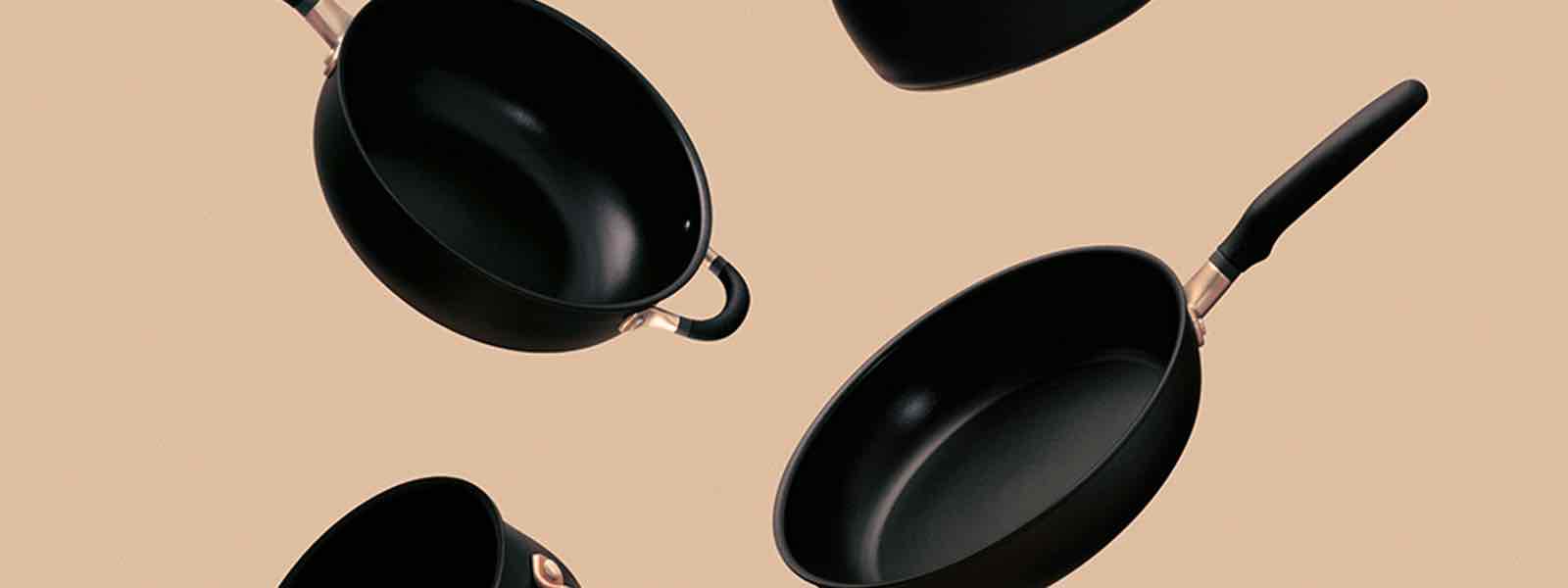
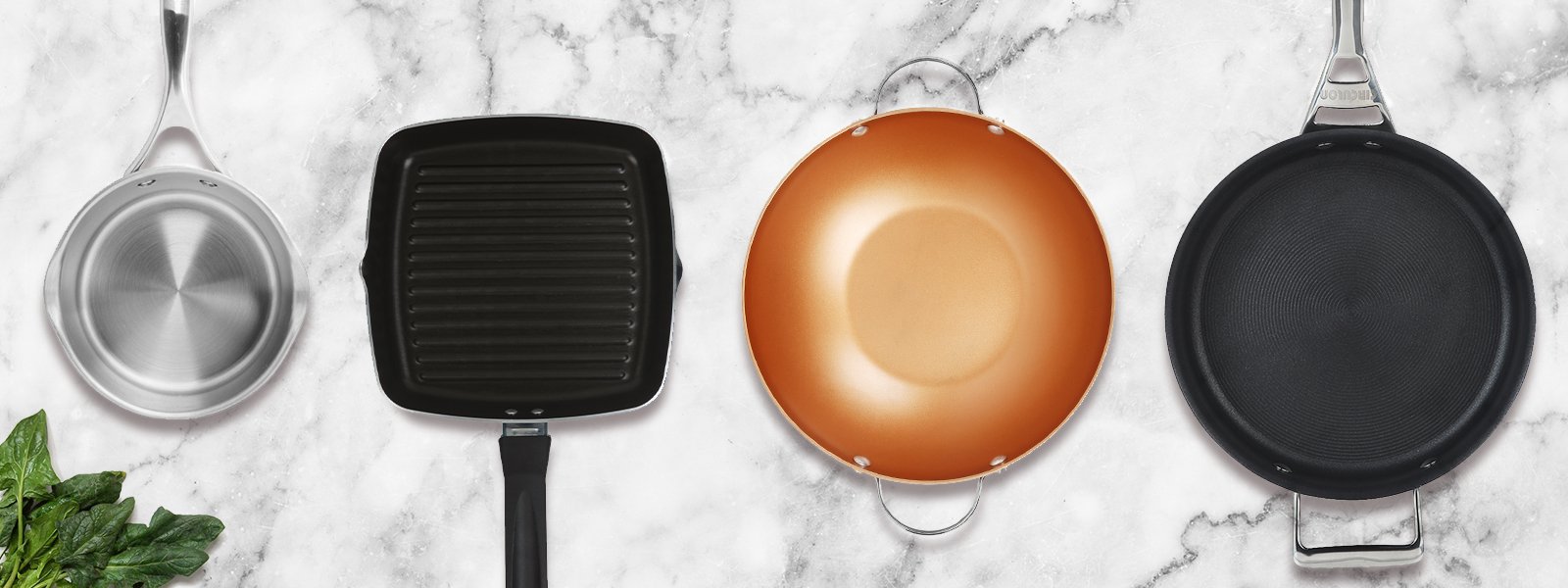
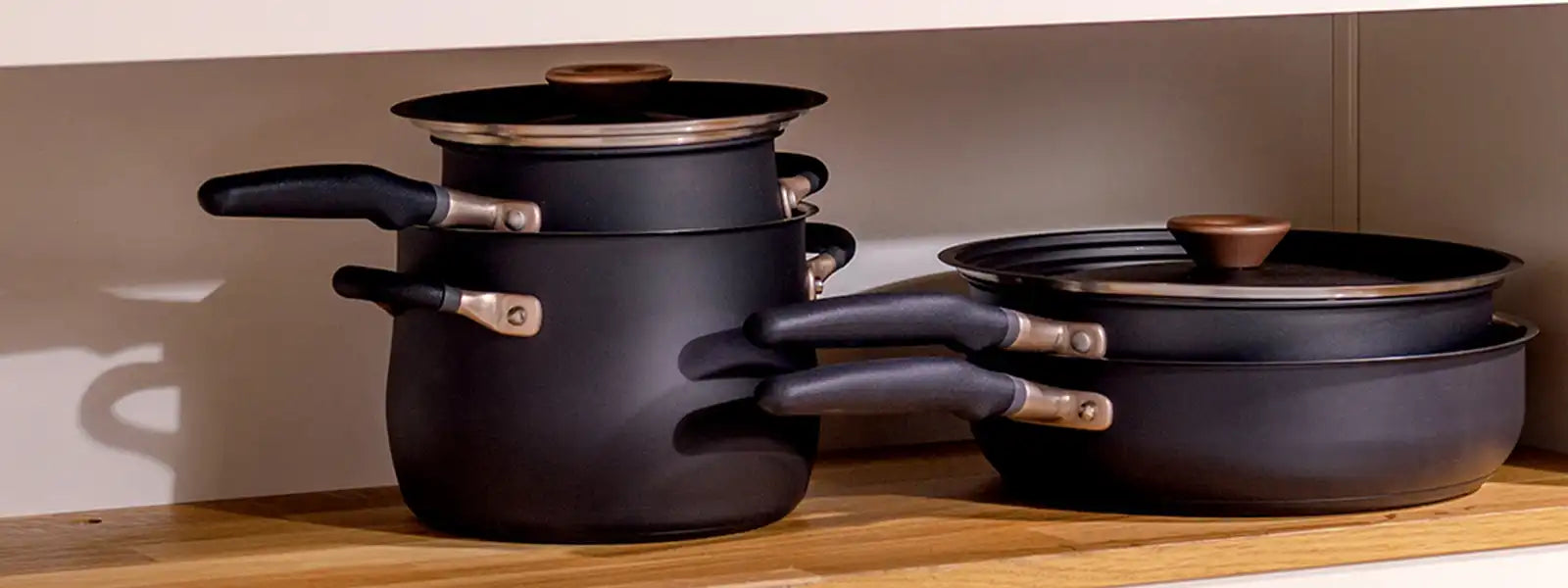
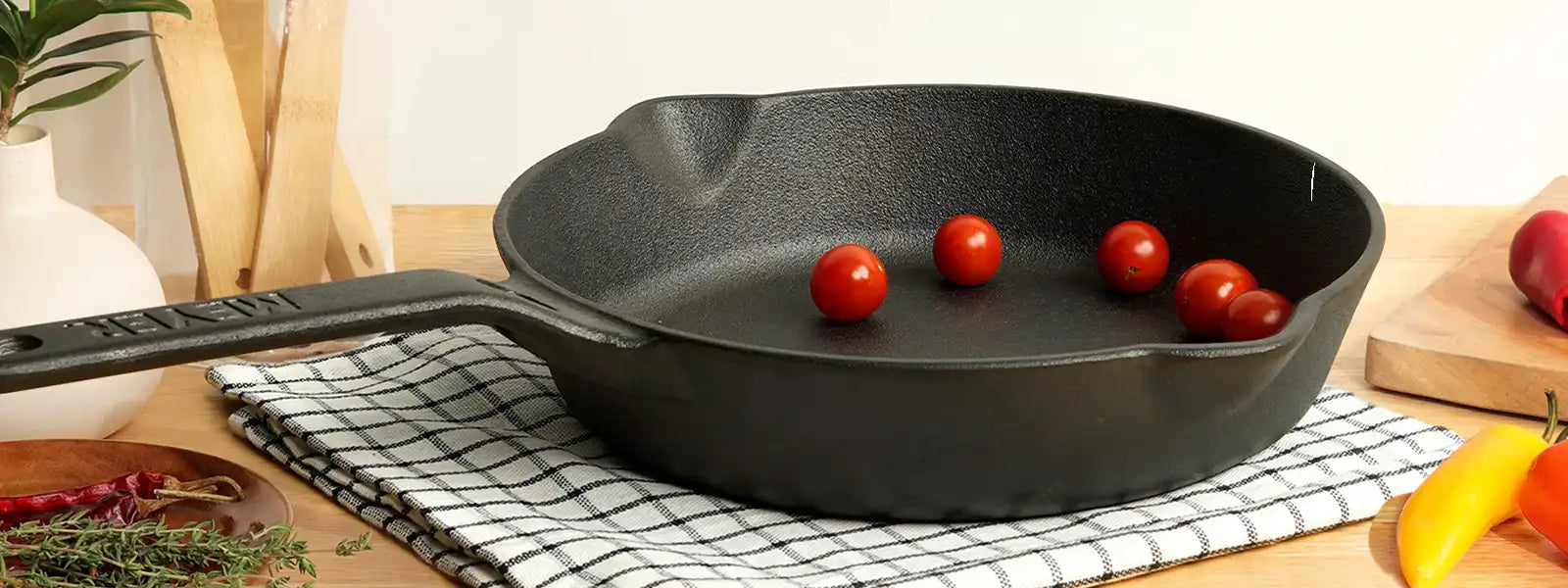
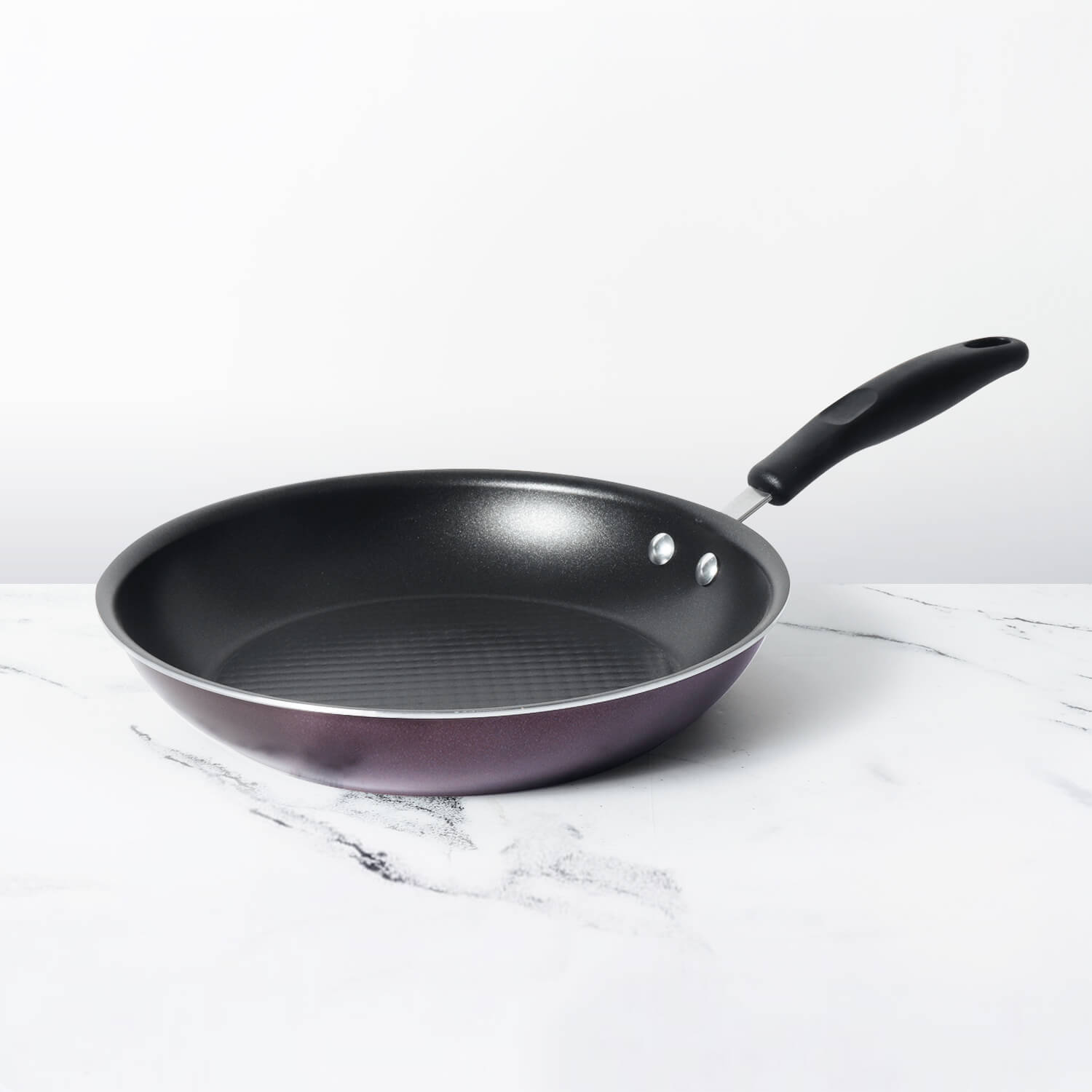
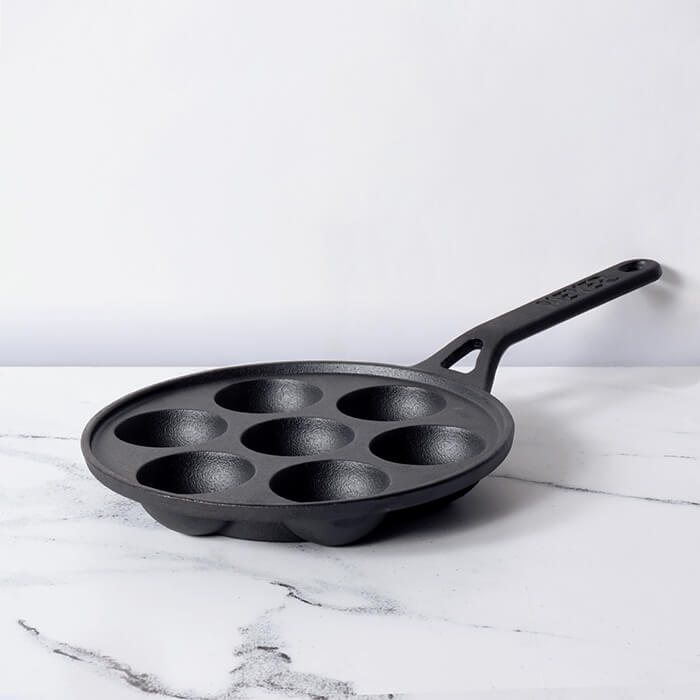




Leave a comment